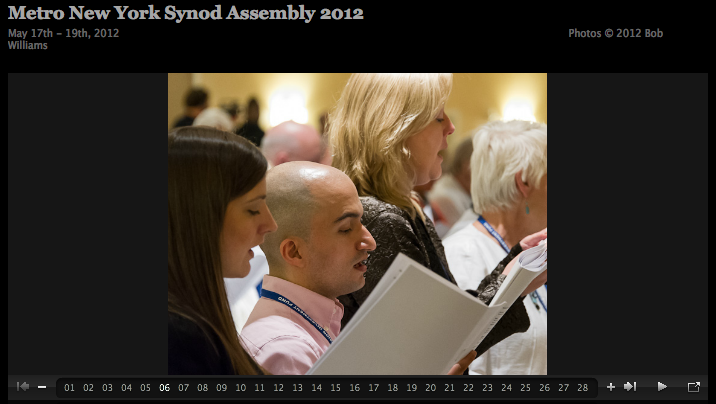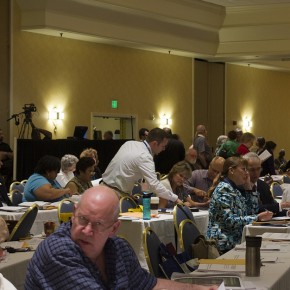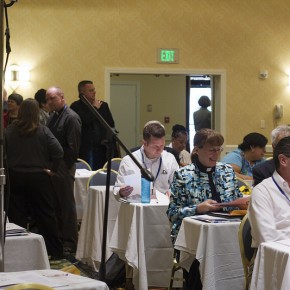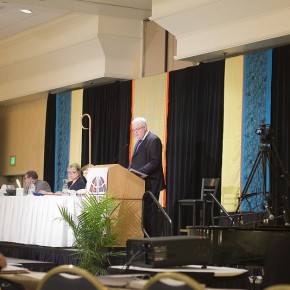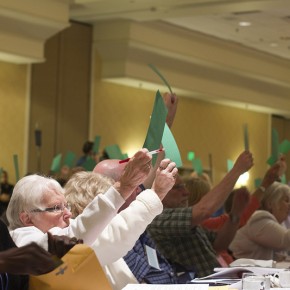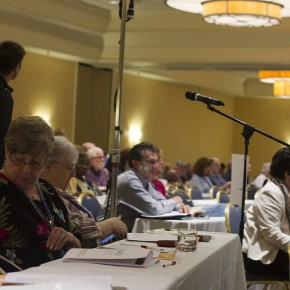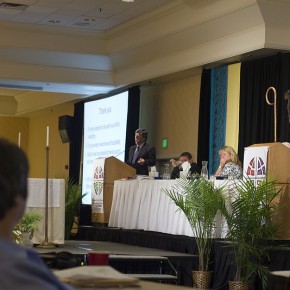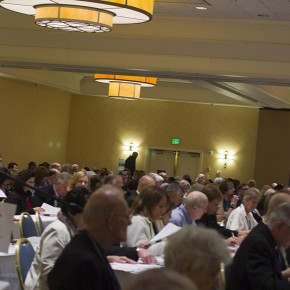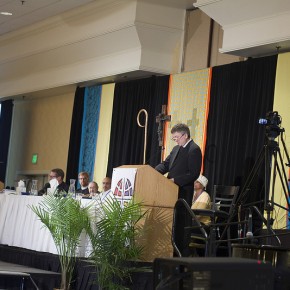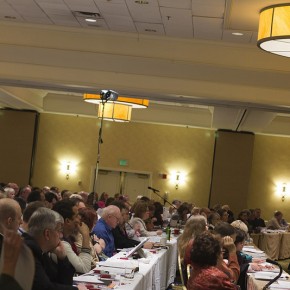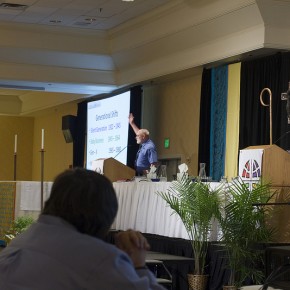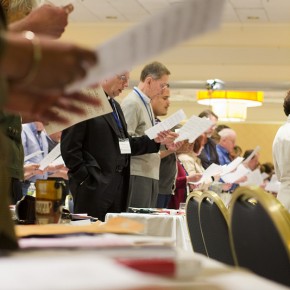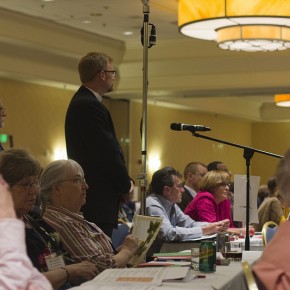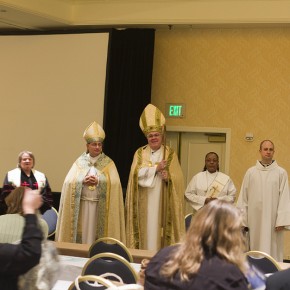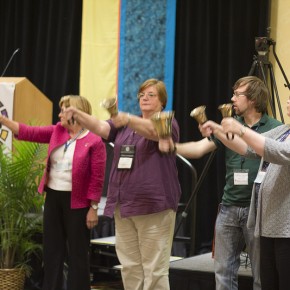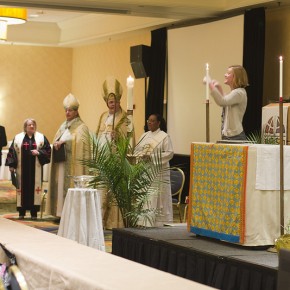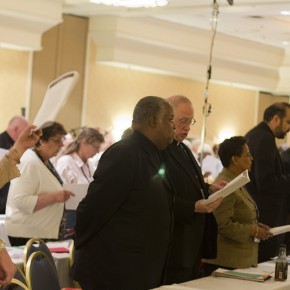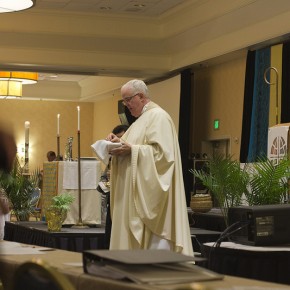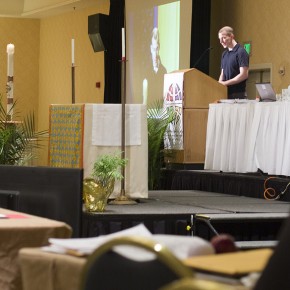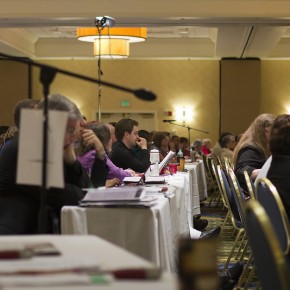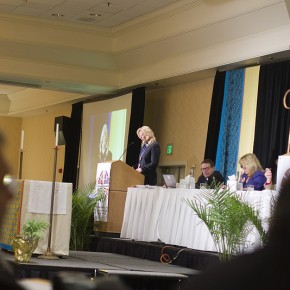 This week was the first episode of the tenth season of What Not To Wear. For the uninitiated, the show brings in the fashion clueless, trashes their wardrobe, teaches them some new tricks, and gives them $5000 for a whole new look. Even though they stopped having guys as the fashion victims after the second season, I still adore the show. I use to work in the building right next to where they filmed the show and, I have to tell you, that Clinton Kelly is tall (and awesome). I find Stacey London and Clinton Kelly to be the bee’s knees and you should too.
This week was the first episode of the tenth season of What Not To Wear. For the uninitiated, the show brings in the fashion clueless, trashes their wardrobe, teaches them some new tricks, and gives them $5000 for a whole new look. Even though they stopped having guys as the fashion victims after the second season, I still adore the show. I use to work in the building right next to where they filmed the show and, I have to tell you, that Clinton Kelly is tall (and awesome). I find Stacey London and Clinton Kelly to be the bee’s knees and you should too.
Anyways, a few seasons ago, an Episcopal priest was brought onto the show. The show was great not only because it brought to light the dangerous fact that the majority of clergy are poor dressers but also because, I thought, it helped acknowledge that there are young clergy women in the world and that they need our support. In honor of the season premier (which I didn’t particularly care for), Emily the Priest was brought back to update us on her life (scroll down and click on her image – she’s wearing the collar). I felt that she was nervous on screen (who can blame her?) but I was glad to see her back. However, I was not the only one to notice that she was wearing a sequined top with her collar! The comments take her to task (and I noticed that one of my professors from LTSP – who has fantastic style – reads the same blogs I do) though I think they’re harsher than they should be. I know what Emily is trying to do, adding some sparkle to the all-black-uniform. Personally, I think she should have focused on the jacket (a well fitted jacket in a dark patterned gray is fantastic – the few clergywomen I know who have these always look great). Throw on a few quick accessories, a killer shoe, and BAM, she’d be well on her way. But even without all that, I still applaud her for taking the risk that she did.
And the reason why I applaud her is because, well, I have a problem with the all-black-uniform. My problem isn’t with the collar but how clergy assume that if they wear all black, they get away with what they’re wearing. But that’s not true! If the cut is wrong, the jacket boring, the shirt poorly fitted, and the material ghastly, that clergy person is going to look terrible. TERRIBLE. And we, for some reason, seem to give clergy a pass when they do that. As a New Yorker, I am firmly aware of the power of black. But I’m also aware that relying on black to make your clothing decisions is ridiculous because nothing looks worse than a poorly fitted all-black outfit. The all-black look can be a very boring and a very easy look that can seem, on first glance, effortless. But, let me worn you, that it is not. Cut, material, pattern, accessories, fit – that is where style lives and where a person’s identity can echo forth. To not notice those details is, sadly, to let sloppiness rule and that is an identity trait that only a few can truly pull off. Style isn’t a fad nor is it only built around expensive articles of clothing. Style is a personal dash of identity that bleeds into your clothing. It says who you are, what you’re about, and encourages other people to be in community with you. Style says everything when it comes to first impressions. Style says that you know who you are and that you have contextualized who you are in the world. And I find that powerful because if style can say that, then when I meet a clergy person for the first time, my guards drop because I feel that since they know who they are, they are willing to know who I am too. That isn’t necessarily always true but it is a start to opening doors, building relationships, and forming community. Style matters! And I hope, maybe just maybe, that while seminaries redevelop their curriculum for the current world, that they seriously think about hiring Stacey and Clinton for one-off workshops for their senior classes. It would do some good.


